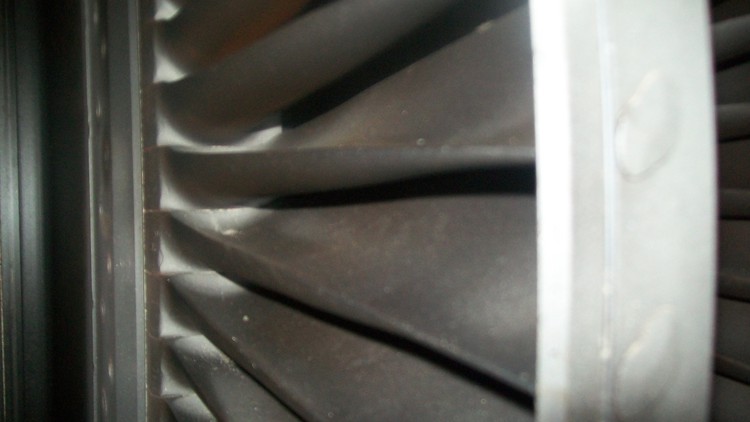
Basics of Mechanical Engineering / Elements of Mechanical Engineering / Basics of Mechanical Engineering
What you will learn
Will be able to know about the natural source like wind power and its applications
Will be able to learn the process of conversion of biomass energy into useful energy
Will learn the tidal energy source and types of the same.
Geothermal energy and fuel cell energy sources and their methods of energy conversion. Their applications in real life.
Description
unit-I : Energy Sources and Conversion-Part-II
In the Part-I of first unit Energy and energy conversion we have seen what is energy source ,types of energy sources and their useful conversion.
In this part we have seen Convention source of energy such as Thermal Power plant, Nuclear power plant. Also we have studied renewable source of energy i.e. Solar Energy.
In this part -2 we will study remaining part of renewable energy sources such as wind, tidal, geothermal , biomass and Fuel cells. Importance of these renewable sources and their types, conversions into useful forms of energy, their applications, cons and pros etc.
After study of these sources of energy, we will be able to know the Energy types, their importance and need of future alternate source of energy to conventional source as they are going to deplete in near future.
Wind energy useful for power generation, irrigation etc.
Tidal energy useful for power generation
Geothermal heat energy conversion into electricity
Biomass energy preparation and then conversion into useful form. particularly beneficial to village areas, remote areas etc
Fuel cells energy conversion from chemical energy to electrical or other useful form etc
This course is useful for the first year engineering students to get idea about the energy forms, types, their way of conversions. Applications, advantages and disadvantages,
Content